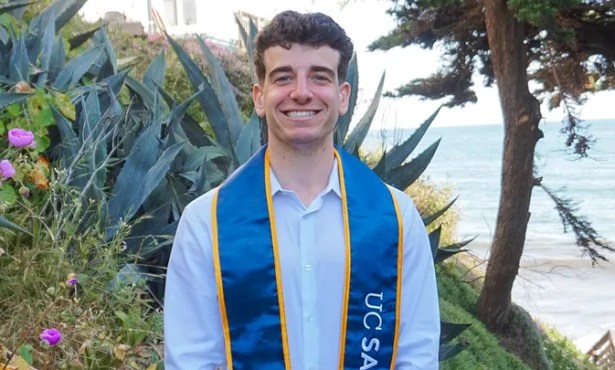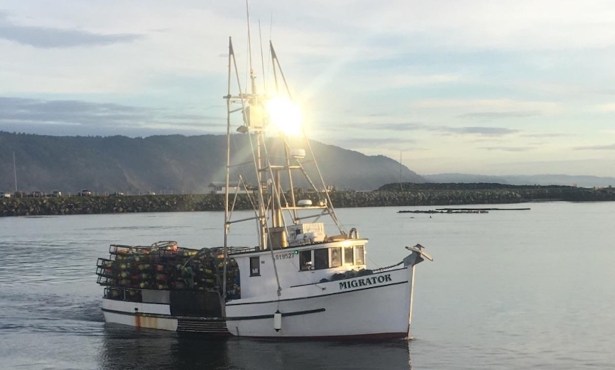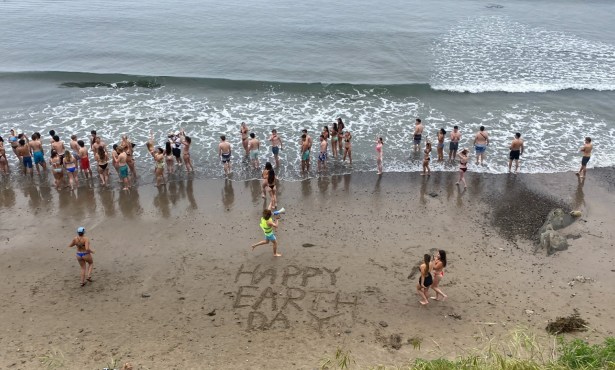Court Battle Peaks for Picturesque Slice of Hollister Ranch
Case for Cuarta Beach Pits Private Ownership Against Public Access
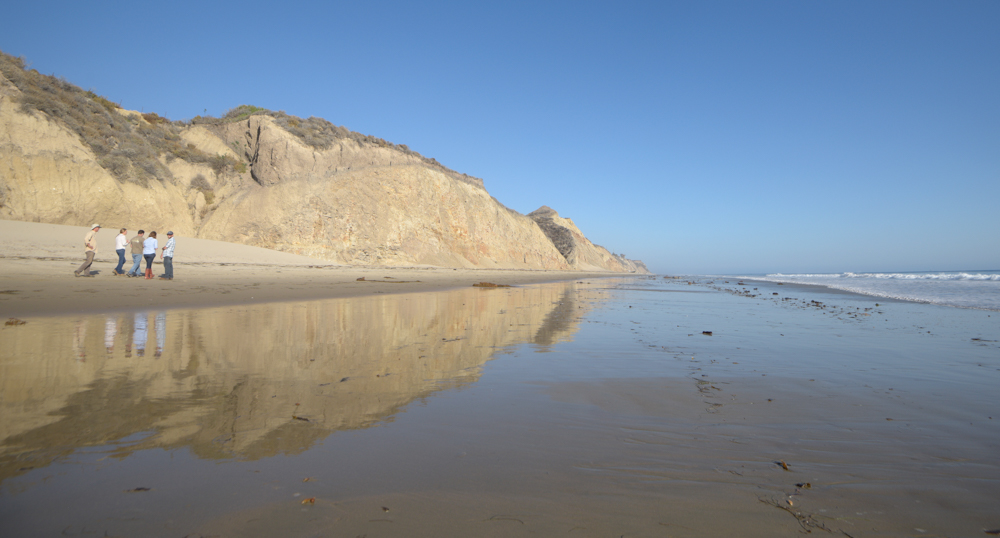
The final chapter of a historic six-year legal battle pitting Hollister Ranch homeowners against state agencies tasked with providing public access to California beaches almost came to a close Monday afternoon in Judge Colleen Sterne’s courtroom. Almost.
At issue was a class-action settlement agreement in which the Hollister Ranch Owners Association (HROA) hammered out a deal with the state Attorney General’s office — representing the California Coastal Conservancy and the California Coastal Commission — to open the untrodden sands of Cuarta Beach to the general public (but only by way of small watercraft) and expand chaperoned beach-access programs for schoolchildren and nonprofits.
In exchange, the state agreed to give up any real or perceived rights to a decades-old offer to dedicate public access — complete with shuttle service from nearby Gaviota State Beach — along the main ranch road to the same beach, a nearly mile-long stretch of breathtaking California where Cuarta Canyon mets the sea.
While the settlement agreement, struck quietly in December 2017, was signed by the attorney general (AG) and approved by all but six of HROA’s several hundred members (one of whom also objected to class action), opponents of the settlement, namely the Gaviota Coastal Trail Alliance, have taken issue with its details. In a surprising move last summer, Sterne allowed the alliance to legally intervene in the case, ruling that the settlement agreement appeared to extinguish a beach-access opportunity without first notifying the public. Sterne’s tentative ruling on the fairness of the settlement agreement, filed last Friday, essentially deemed it unfair. However, after hearing again from all sides in her packed chambers on Monday, she decided she needed more time.
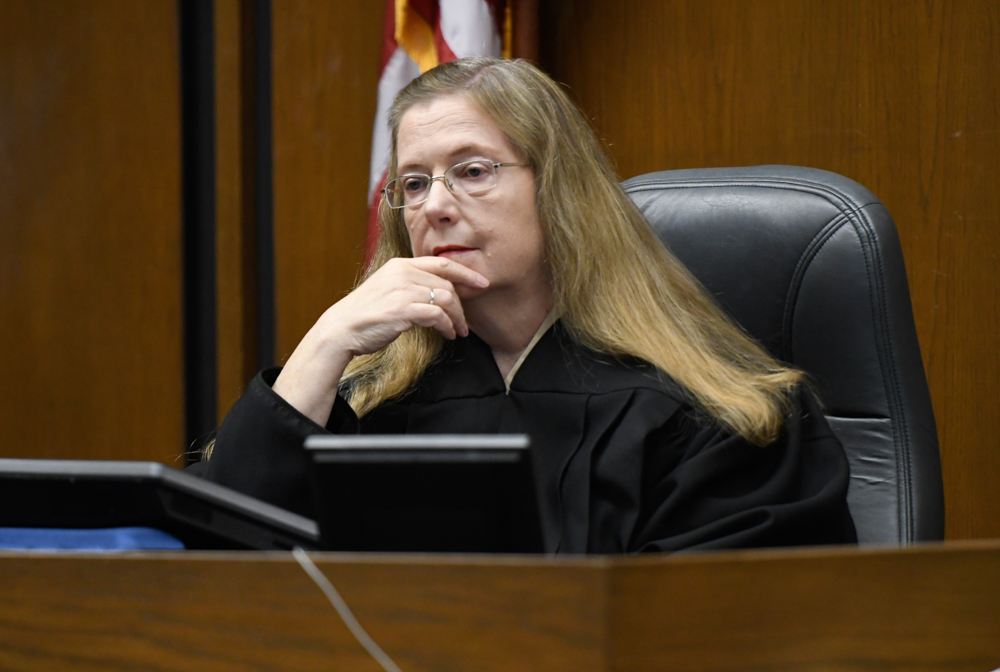
On behalf of HROA, Barry Cappello — brought in for his vast experience with class-action litigation — seemed to be arguing that Sterne made a mistake in allowing the Trail Alliance a voice in the matter. “Your procedures have blown up this litigation,” he told Sterne. “The [Trail Alliance] is not an indispensable party; [it] should not be here.” He added that future class-action settlements in general would suffer if intervenors were allowed to chime in at the 11th hour. He suggested that the alliance take up its issues on appeal or in a separate lawsuit against the state.
Also representing the ranch, Beth Collins, with Brownstein Hyatt Farber Schreck, concurred with Cappello that the Trail Alliance is merely a special-interest group. “They have a very special interest to have more people walk across Hollister Ranch,” she said. “[The] parties that have participated for the last six years believe that this is the path forward … here today, [to] grant the final approval [of the settlement agreement].”
Collins added that lawyers with the Coastal Commission and Coastal Conservancy have said the state prefers the access granted by the settlement over anything it would have gained by winning the case outright. The original “offer to dedicate” — which would have shuttled in visitors and led them down a creek bed and through a concrete culvert to the beach — is “dangerous and expensive,” she said.
Supervising Deputy AG Jamee Jordan Patterson took issue with the Trail Alliance’s argument that her clients, the Coastal Commission and the Coastal Conservancy, had not properly represented the people of California. “Public access is their job,” she said. “That’s what they do.”
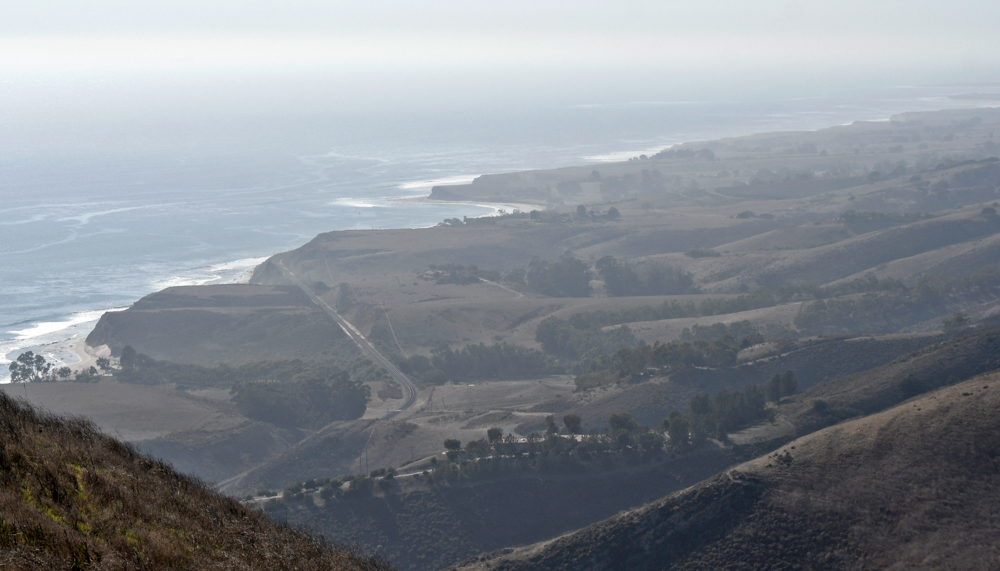
For its part, the alliance, which would ultimately like to see a coastal trail through Hollister Ranch that connects Gaviota State Beach to Jalama Beach County Park, has argued that the closed-door settlement agreement is invalid because it essentially revises, without the public’s participation, a 1982 public-access plan for Hollister Ranch. (At the recommendation of then-governor Jerry Brown, that long-mothballed plan was recently dusted off, and HROA has requested a seat at that table should it be revised.)
“The court’s intuition that this settlement shouldn’t be entered into without public consideration is correct,” testified Ellison Folk, representing the Trail Alliance. She added that HROA’s continued insistence that the Trail Alliance isn’t a valid player falls flat; the court has ruled more than once in favor of the nonprofit as a legitimate intervenor.
Last to speak was Judge Stern, who said, “[There’s been] a significant effort today to communicate new information to the court. It’s very important to reflect. I am going to take my final walk through this case with your comments in mind and will issue my final ruling in writing.”
Outside the courtroom, nobody could say for certain when that would be.

